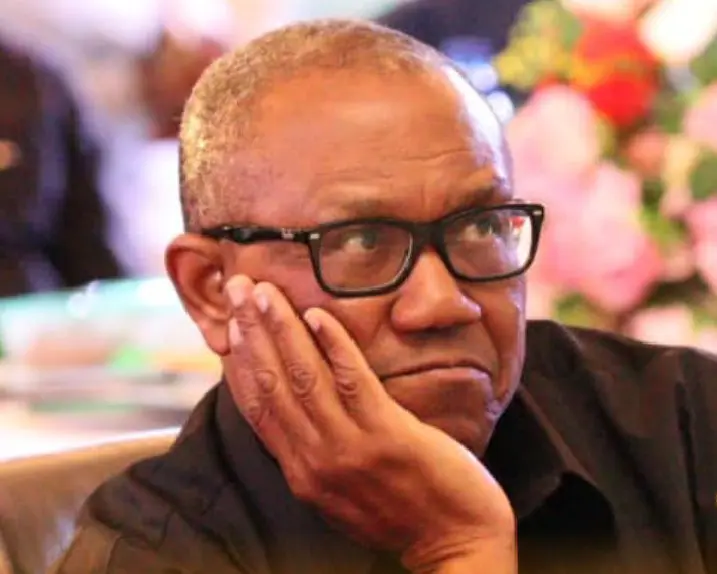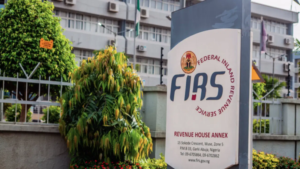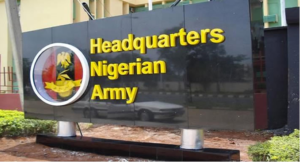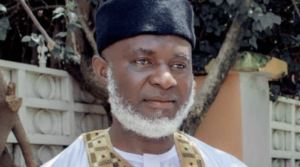
Peter Obi, former presidential candidate for the Labour Party, has voiced concerns over Nigeria’s borrowing habits, labeling them as unproductive.
Obi made these remarks in a statement shared on his verified social media account on Tuesday.
He highlighted that despite the continuous rise in Nigeria’s public debt, there has been minimal positive impact on the country’s economy.
The former Anambra governor specifically pointed out the significant debt accumulated during the last administration, particularly citing the N30 trillion borrowed through ways and means from the central bank.
He said the last administration could have ended the nation’s borrowings, adding that the debt failed to yield value addition to the country.
Obi said, “I remain concerned about our borrowings, considering their galloping situation over the years, and its concomitant effects on the economy.
“More worrisome is the fact that there has been no corresponding visible usage or investments as required by the law, to show their impact on the nation.”
Obi’s reaction comes against the backdrop of the country’s debt profile released by the Debt Management Office (DMO) last week.
According to the DMO, Nigeria’s public debt increased by 10 percent hitting N97.3 trillion by the end of 2023.
The Office noted that the N97.3 trillion public debt comprises domestic debt of N59.12 trillion and external debt of N38.22 trillion.
Meanwhile, Obi noted that in 2023, Nigeria spent huge amounts totaling N10 trillion in servicing both domestic and external debt which he described as “unproductive debts”.
“The implication is that what we borrowed in a quarter about N10 trillion and what we spend on debt servicing, which is also about N10 trillion, are each more than the combined budgetary allocation for the four highest priority areas, which are; defence (N3.25trn), Education (N2.18trn), Health (1.33trn), and Infrastructure (N1.32trn),” he said.
Obi said the government should “de-accelerate” its borrowings while an assessment of what the previous loans have been used for should be looked into to stem the tide of increasing debt profile.






Be First to Comment